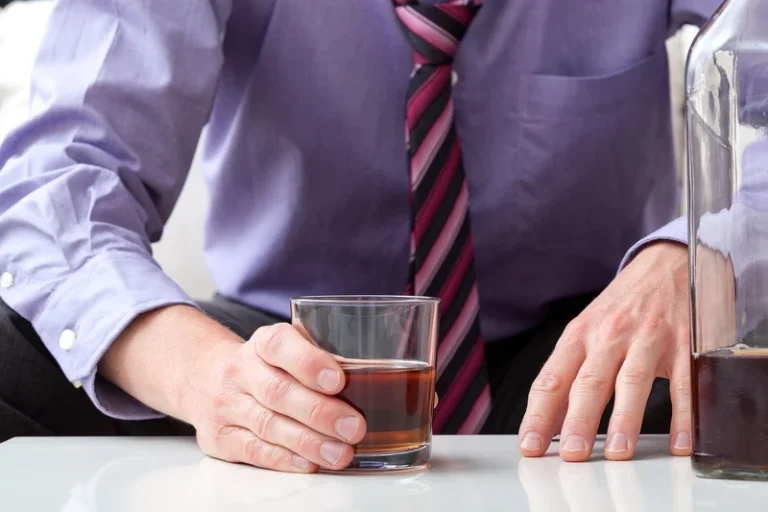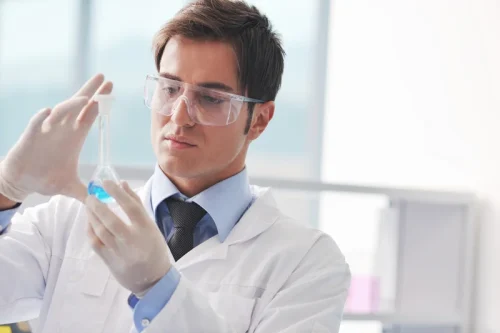
This can create dangerous withdrawal symptoms but will typically fully resolve within two weeks. Whether you are a heavy drinker or a binge drinker, excessive alcohol use can result in some serious risks to your health. Some of these risks are immediate, some of them can continue to develop over time. For younger people, the risks due to accidents, injury, and violence far outweigh any possible benefits of alcohol use.
Symptoms of Alcohol Withdrawal: Timeline and Signs of Danger
“When you stop using alcohol, it really benefits your overall mental health.” If you’re living with alcohol use disorder, quitting drinking is important for your health. But quitting on your own can pose risks to your health and is unlikely to be successful. Rehabilitation facilities can help you on your path to sobriety by addressing alcohol withdrawal symptoms and becoming involved in sober living support groups, like AA.
Alcohol And Muscle Relaxers: 4 Things To Know About This Risky Combination
When you stop drinking, various things happen to your mind and body. However, the nature and intensity of these effects can vary depending on how much and how frequently you drink. While occasional social drinking may not result in significant changes when you decide to quit, you may experience more significant effects if you have been drinking heavily for an extended time.
What conditions can excessive alcohol consumption cause?
One example is a beta-blocker (such as propranolol) to reduce high blood pressure. Depending on the extent of liver damage you have, you may need to completely abstain from alcohol in order to give your liver the best chance for recovery. Talk to a doctor about your personal history and what’s right for you. If you stop drinking completely, one of the first things you notice should be improved energy levels, better sleep and finding it easier to wake up in the morning.
After 6 months:

By Buddy TBuddy T is a writer and founding member of the Online Al-Anon Outreach Committee with decades of experience writing about alcoholism. Because he is a member of a support group that stresses the importance of anonymity at the public level, he does not use his photograph or his real name on this website. “While for some people these structural changes are not reversible, most people are able to show less shrinkage in one to three months with alcohol abstinence,” says Volpicelli. Quitting alcohol and abstaining for several months to a year gives your brain a chance to try to recover. For example, research shows that people will see their stress levels, relationships, work performance, and self-confidence get better when they get sober.

- If you’re keeping up with this average (or less), the damage from alcohol is most likely minimal.
- Prepare yourself with strategies to help you avoid triggers so you can quit alcohol.
- If you are concerned about potential alcohol withdrawal symptoms, talk to your doctor.
- Although we often turn to a glass of wine or a stiff martini to feel better, the irony is that drinking can have both short- and long-term negative effects on mood.
“Your relationships are likely improved, and your resilience has increased,” says Dr. Mosquera. “Alcohol is a monkey wrench in our homeostasis,” says Dr. Mosquera. That said, If you’ve been drinking excessively, then stopping drinking cold turkey can lead to withdrawal symptoms. By avoiding alcohol, you’re taking a big step toward improving physical health. As you begin to notice those health benefits, you’ll likely feel more energized and inspired to keep up your progress. Many people with alcohol use disorder also have other mental health conditions like depression, anxiety, bipolar disorder, or schizophrenia.

Improved Immunity
Even just one bout of drinking too much may weaken your body’s germ-fighting power for up to 24 hours. Over time, large amounts of alcohol blunt your immune system and your body’s ability to repair itself. Alcohol plays a role in at least half of all serious trauma injuries and deaths from burns, drownings, and homicides. It’s also involved in four out of 10 fatal falls and traffic crashes, as well as suicides.
- Alcohol causes you to produce excessive amounts of urine, leading to dehydration.
- If you’re a heavy drinker, you’re at an increased risk of developing certain diseases, such as cancer, heart disease, and stroke.
- As alcohol is broken down and metabolized by your body, toxins get released.
Serious Short-Term Symptoms
- Keep in mind that everyone is different and will experience different things when they stop drinking.
- But first, if you think you may be dependent on alcohol, you should consult your doctor or another medical professional.
- While mild at first, they will begin to intensify as withdrawal progresses.
- You may want to practice politely declining before going out so that you feel more confident in doing so.
- Through therapy, support groups and medication, you’ll be supported on your path to recovery.
- Understanding your habits and your motivations to quit drinking can help you understand the change you’re making in your life and reinforce why it’s important.
Talk therapy is an important part of treatment for alcohol use disorder, but Dr. Streem says just about anyone who is making a life change, like quitting drinking, can benefit from therapy. Or maybe it’s a pregnancy that made you realize it’s time to stop drinking. Or maybe you’re just looking to improve your health, wake up hangover-free and give your liver (and your heart and brain) a break.
You’ll Sleep Better
If you have these symptoms if you miss a drinking session, it can be dangerous to stop drinking completely too quickly without proper support. Alcohol withdrawal can occur when a person who has used alcohol for a significant period of time stops drinking or significantly decreases their use. Alcohol withdrawal can have a broad range what happens when you stop drinking of symptoms, some of which can be dangerous or even life-threatening if not treated. That’s why it’s vital to consult a physician before you stop drinking in order to create a plan to stop drinking or taper down safely. If you’re living with alcohol use disorder, treatment at a medical rehabilitation facility is your best option.

Leave a Reply